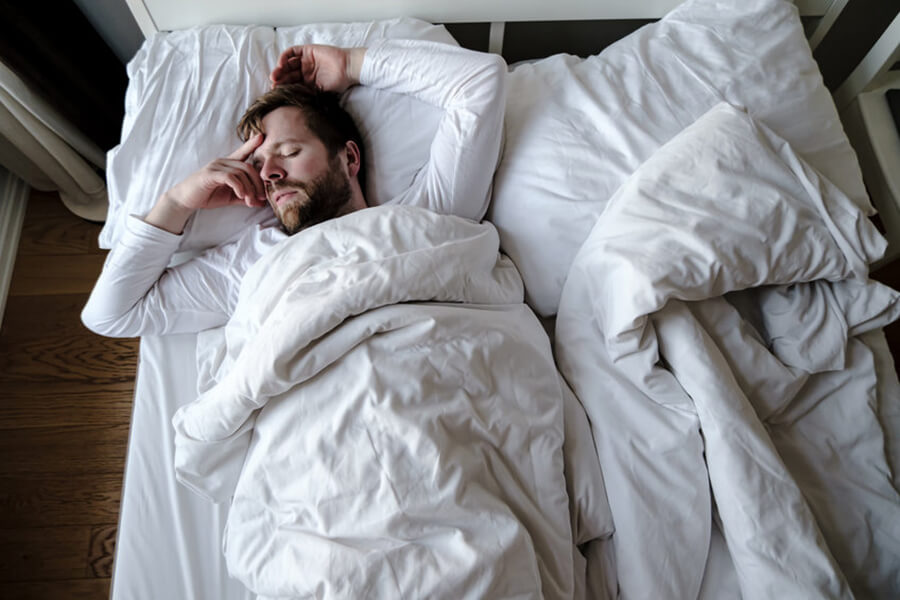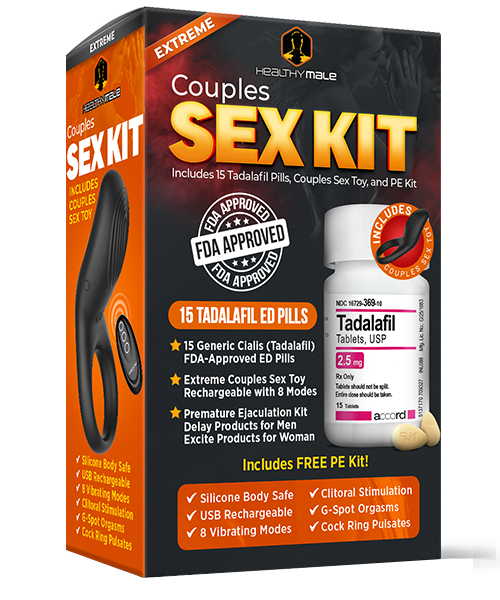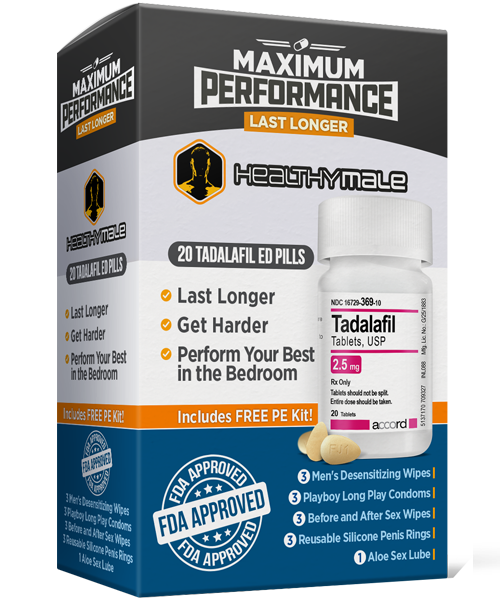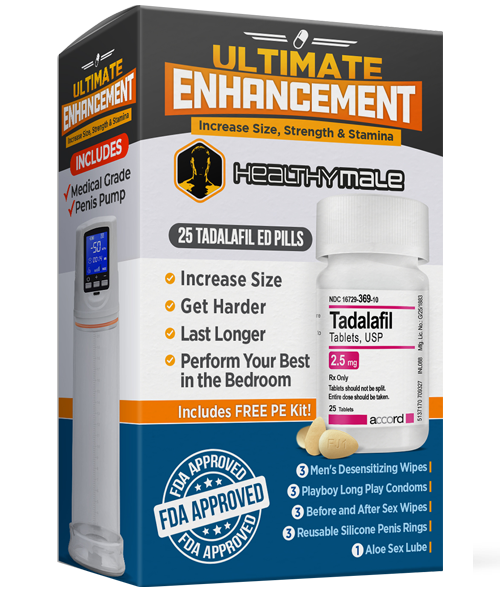While having a drink or two might make you feel tired, it’s not a solution for sleep problems. Research suggests that 30% of people with insomnia have tried alcohol as a sedative or a “treatment” to keep from tossing and turning.
Doctors say it’s not a good idea – for many reasons.
“When you are taking something artificial to induce sleep, or prolong sleep, such as alcohol, it does not do anything to restore the brain and the body,” says Keith Heinzerling, MD, internist and addiction medicine specialist at Providence Saint John’s Health Center tells Insider.
“It is not the same good sleep that you would get if you naturally fell asleep without the aid of this sedative.”
More specifically, alcohol causes these problems:
Alcohol messes with your sleep rhythm
Have you heard of a circadian rhythm? Think of it as an internal clock that tells your body that it’s time to rest. Alcohol interferes with the production of melatonin, which is one of the hormones that sets your internal sleep clock.
Alcohol delays your REM sleep
REM sleep is restorative. It gives your brain a chance to reboot. Without drinking, REM cycles happen about 90 minutes after falling asleep. When you drink, REM cycles are delayed. The more you drink, the less REM sleep you get.
Frequent bathroom trips stop you from sleeping
If you drink a lot, you have to pee a lot. It’s fairly simple. If you’re up all night going to the bathroom, you’re not sleeping.
Sleep problems get worse
If you happen to have any kind of sleeping problems, like sleep apnea, where you temporarily stop breathing during the night, it gets worse when you drink.
“The breathing is inhibited by the fact that the airways are relaxed,” Heinzenberg says. “And sedatives, especially alcohol, even in someone without sleep apnea, reduce those reflexes that are there to keep the airway open.”
If you have sleep problems, speak with a doctor rather than “treat” the problem with alcohol.











